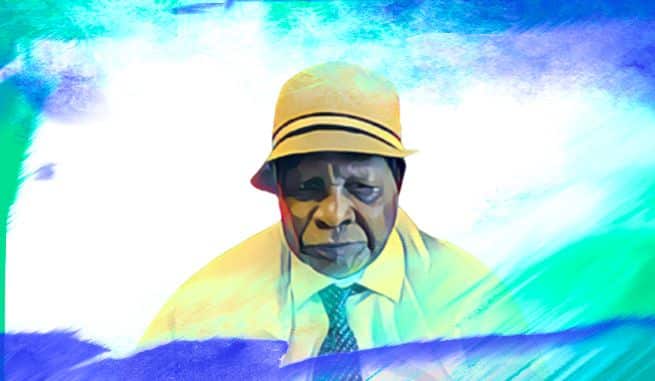Genocide survivors target $50-million estate of Rwandan mogul Felicien Kabuga

A lawsuit has been lodged against Felicien Kabuga, the Rwandan businessman alleged to have played a significant role in the lead-up to the Genocide of the Rwandan Tutsis, by an umbrella organization of genocide survivors known as Ibuka.
The group is seeking to freeze Kabuga’s properties, estimated to be worth $50 million at the time of his arrest in Paris in 2020. The 90-year-old businessman is detained in The Hague, Netherlands, where he faces trial by the International Residual Mechanism for Criminal Tribunals (the Mechanism) for his role in the genocide against the Tutsi.
The case against Kabuga has encountered new complexities as the future of his trial remains uncertain following The Hague’s UN Tribunal court declaring him unfit to stand trial due to health reasons.
Charges against him include counts of genocide, direct incitement to commit genocide, conspiracy to commit genocide, and crimes against humanity, such as persecution and extermination.
Kabuga, who amassed his wealth through tea farms and other ventures in northern Rwanda, has been a prominent figure accused of financially supporting Hutu extremist media outlets that propagated the slaughter of the Tutsi minority. These media outlets include the infamous RTLM radio station and Kangura magazine.
The lawsuit, filed on June 8 at the intermediate court in Kigali, focuses on various properties owned by the Rwandan businessman.
The plaintiffs seek a court order to freeze Kabuga’s assets, preventing their sale or transfer during the ongoing legal proceedings concerning Kabuga.
Among Kabuga’s holdings are a tea plantation, a mill, warehouses, apartments, and other assets, many of which were also situated in Kenya, where he evaded capture for a substantial period, including his upscale Spanish Villas residence in Nairobi.
There have been reports of additional properties owned by Kabuga in Switzerland and Paris, which he allegedly used as safe havens to avoid arrest.
On June 6, 2023, the UN Tribunal’s Trial Chamber in The Hague came to a consensus ruling that Kabuga’s health condition renders him incapable of standing trial.
Subsequently, the chamber opted for an “alternative finding procedure,” resembling a trial but excluding the possibility of conviction.